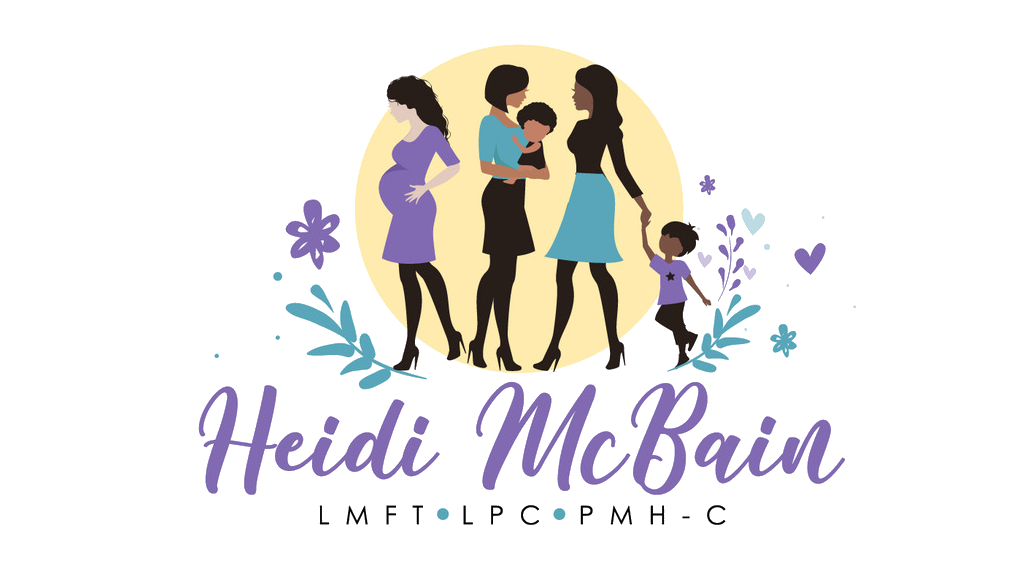
Courage doesn’t happen when you have all the answers. It happens when you are ready to face the questions you have been avoiding your whole life.
-Shannon L. Alder
As with most people in therapy field, I feel like everyone can benefit from therapy. I’m also a big proponent of therapists leading by example and doing our own work in therapy so we can best help our therapy clients. Motherhood also tends to bring up many different issues for moms, and is a great time to start therapy too. Therapy can have a positive effect on you and your relationships, especially those with your partner and children.
So, what are some traits to look for in a therapist? Keeping in mind that we’re all unique and different, so some of these traits may resonate with you more than others.
- Empathy- can they put themselves in your shoes and see and feel the things you’re describing from your perspective.
- Validation- are they able to validate and normalize what you’re currently feeling and experiencing?
- Rapport- do you like them as a person, and vice versa?
- Expertise in the areas you struggle with in life- do they add value and insight for you?
- Great listening skills- you leave your sessions feeling heard and understood.
- Understanding of family dynamics- they explain how family systems work and how we relate to others and how others relate to us.
- Support- someone one who cheers you on, but also allows you space to do the process work you need to do.
- Teaching you different ways of seeing things- helps you change the narrative and lens of how you’ve been seeing and experiencing your life.
- Comes from a place of kindness, caring and compassion- a place where they can help you build your own feelings of self-worth, self-acceptance, self-confidence, self-validation, etc.
- Respect- towards you and your struggles, as well as your boundaries and what you are and aren’t ready to talk about in therapy yet.
What else would you add to this list?
What are some common reasons why moms start therapy?
- They want help setting clear boundaries with others, especially family members.
- To help process their feelings of grief after the loss of a loved one, miscarriage, pregnancy loss, etc.
- To help them with life transitions such as moving, changing jobs, becoming a parent, etc.
- To alleviate mental health symptoms often related to anxiety and depression.
- For support during pregnancy and postpartum, especially if they are having symptoms of depression and/or anxiety.
- To work through a past trauma, as trauma has a tendency to resurface if it hasn’t been worked through and addressed.
- Issues with extended family members, which often includes boundary work.
- Marital problems or issues with a partner/significant other, often because of frequent arguing or a lack of connection within your relationship.
- Parenting stressors that often come up at times of big transitions in your child’s life such as starting school, entering puberty, getting ready to leave the home, etc.
- Friendship stressors such as a lack of support from friends, loss of a close friendship, etc.
- Career/workplace issues such as figuring out your purpose/finding meaning in your career, getting along with difficult people in the workplace, etc.
What would you add to this list?
So, what can you learn in therapy?
- How to set and maintain clear boundaries with others
- Things to help you process your grief
- What to expect before, during and after a life transition/major life change
- Ways to lower your mental health symptoms including lowering anxiety and depression
- Tips for a mentally healthy pregnancy and postpartum period
- Tools to help you work through a past trauma
- How to reconnect with yourself, your worthiness, your truth, your values, your purpose, etc.
- Proven ways to reconnect with your partner
- Techniques to help you become the parent you’ve always wanted to be to your children
- Ways to create deep, lasting friendships
- Strategies to use in the workplace
Anything else you’d add to this list?
So, where do you find a great therapist? Friends and family who have a therapist they love is one option. Another would be to see if one of your doctors has someone they would recommend in your community. Therapy directories like www.psychologytoday.com or www.psidirectory.com can also be helpful in finding someone in your state who specializes in the issues you’re struggling with (this is a great option for finding an online therapist, as you can see any online therapist in the state you reside in). I also recommend starting with a phone consult to see if you connect with each other first, before starting your therapy sessions together. I hope you find someone great to work with moving forward!



